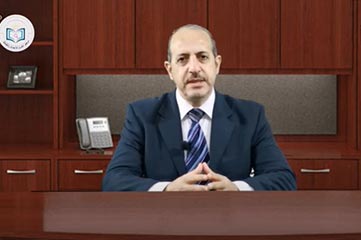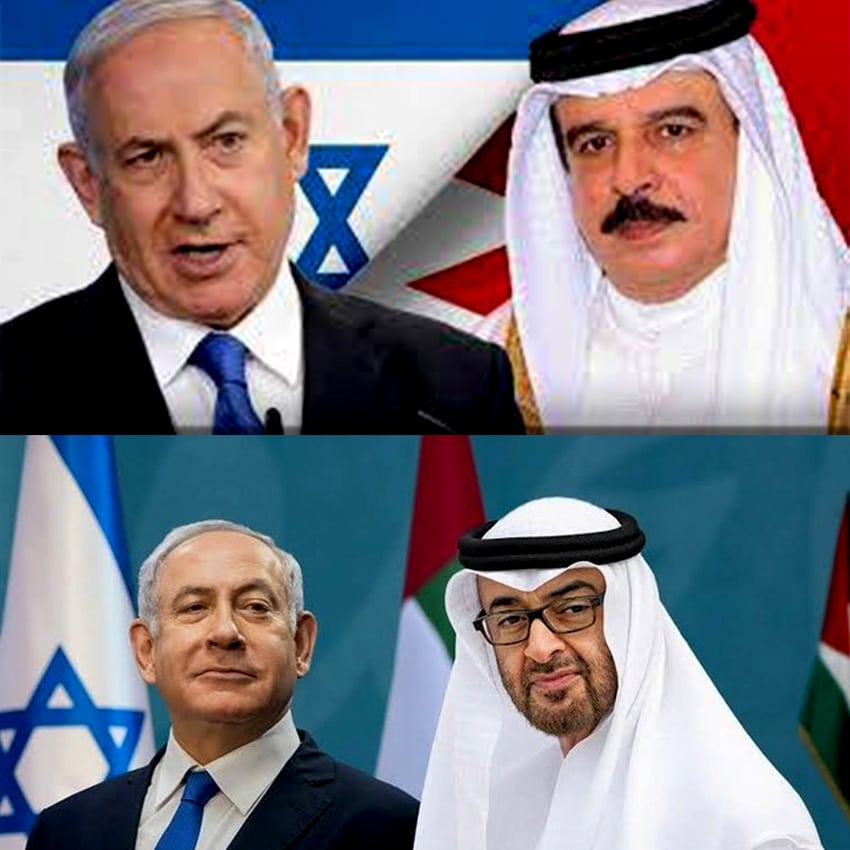Lecture entitled /
Fatah’s Influence on the PLO
Dr. Essam Adwan
Since Fatah entered the new composition of the National Council in 1968, its influence has increased through its presence in independents and popular unions.
Fatah’s percentage of independents and popular unions compensated for Fatah’s size to make it a majority in the National Assembly , exceeding 70%. This explains how all decisions within the National Assembly are resolved.
The picture is quite similar in the composition of the Executive Committee, Fatah’s representatives are only four people. But there are other Fatah figures who have been added to the Executive Committee as independents. Fatah becomes a majority that decides decisions, Fatah did not fall below 50%.
The picture is similar in the Central Council of the PLO , which was formed by a decision of the National Council for the eleventh session in 1973. Which included the Executive Committee, platoon secretaries, military leaders and expertise, It started with 32 members, Fatah won the majority of them, The lowest percentage was 47%. The Central Council shall act in the place of the National Council in non-convening sessions, It meets every three months, Its decisions shall be submitted to the nearest National Assembly to convene, To approve, repeal or amend such decisions.
The Political Path of the PLO:
The Palestinian cause is a political issue par excellence, How did the PLO and its leadership deal with the Palestinian issue?
Fatah’s weight in the PLO’s leadership bodies had a major influence on all decisions related to the Palestinian cause. It can even be said that it was Fatah that charted the course of the PLO since its entry and control of the PNC in 1968.
The goal of the Arab regime in establishing the PLO and adopting it was not representative of the Palestinians. that the organization edits, Rather, its work has been restricted, I want the PLO not to be able to liberate. This was confirmed by the statement of Egyptian President Gamal Abdel Nasser after the Third Arab Summit in 1965: “The Palestinian people have an organization that represents them and deals with United Nations resolutions.” When Shuqairi embarked on a popular liberation war after the setback, The Arab regime decided to get rid of it, Egypt has opened its doors to Fatah in the hope of containing and domesticating it.
Continue in a lecture on the influence of Fatah in the Palestine Liberation Organization
Fatah’s main goal was to liberate Palestine and liquidate the Jewish presence there. But after the setback, it made a change to its goal by refraining from mentioning social liquidation. It added a new goal of establishing a democratic state in which the population lives without discrimination on the basis of religion, race or language. This means accepting the Jewish presence in the democratic state, Thus, Fatah, through its weight in the PLO, was able to adopt this policy. and the adoption of a democratic state.
When Resolution 242 was issued on 22/11/1967, Which called for Israel’s withdrawal from the territories it occupied in the 1967 war, Rejected by Fatah and the PLO, It issued a rebuttal to him on 10/12/1967, But Fatah announced its rejection of the return of the West Bank and Gaza to the previous political situation. Hence, there has been an important development in its political thought, which requires talking about the establishment of a Palestinian state in the West Bank and Gaza. But the second-line leaders raised confusion about this proposal, which prompted the leadership to retreat, This was disclosed by Salah Khalaf by saying: The subject was folded to better conditions.
The best conditions for political initiatives to be accepted by the Palestinian people were the worst conditions to which the Palestinians were exposed. The exit from Jordan prompted Fatah to discuss the issue of entering the occupied territory and establishing a Palestinian state there. This was discussed at the Third Congress of Fatah in 1971. This proposal was the basis of the interim solution project. Fatah’s convictions are automatically reflected in the PLO. Fatah has benefited from the Democratic Front’s embrace of the idea of a phased solution. Fatah benefited from the Democratic Front’s entry on this track.
The PLO leadership also liaised with the US State Department from 1975 to 1977. which was represented by the leadership of Fatah itself, The US Secretary of State even asked them to recognize Resolution 242 as it is. This was after attempts to put forward other formulas, The American leadership realized that the organization’s leadership was ready to acquiesce. But Sadat’s visit to Israel in November 1977 cut the rope of thinking, The organization sided with the Arab position against Sadat’s steps, However, Yasser Arafat sent Sadat a handwritten letter asking: Does the autonomy proposed in the first document of the Camp David Accords guarantee the arrival of the PLO leadership at its head?







